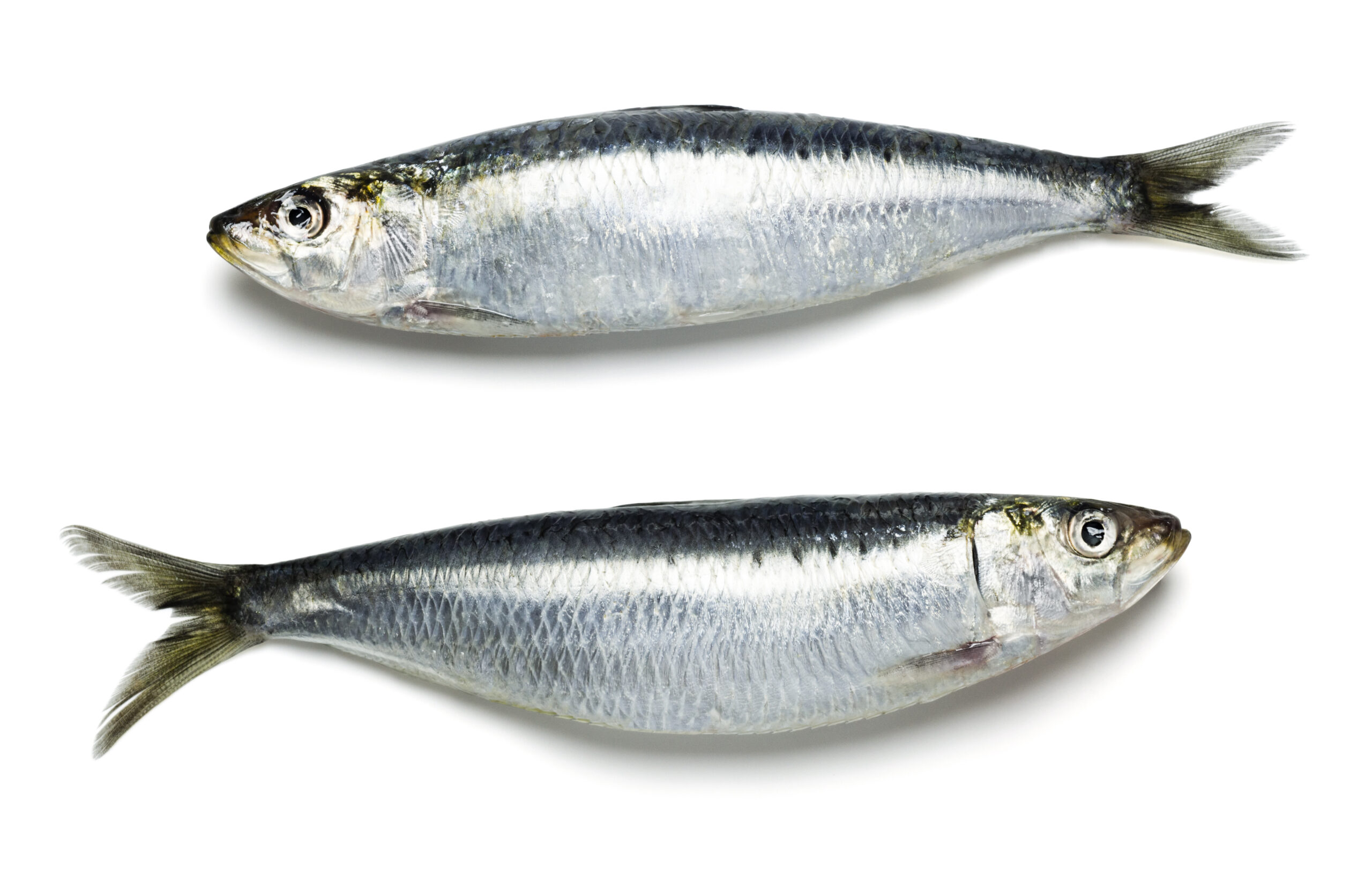Nutritional Value of 100 Grams of Fresh Sardines
| Nutrient | Approximate Value |
|---|---|
| Calories | About 160-180 calories |
| Fat | About 8-10 grams (rich in omega-3 fatty acids) |
| Protein | About 20-22 grams |
| Carbohydrates | 0 grams |
| Calcium (with small bones) | About 300-350 mg (if small bones are consumed) |
| Vitamin D | About 3-4 micrograms |
| Vitamin B12 | About 6-8 micrograms |
| Selenium | About 40-50 micrograms |
| Iodine | About 20-25 micrograms |
| Iron | About 1.5-2.5 mg |
Benefits of Fresh Sardines
- Excellent source of omega-3 fatty acids: EPA and DHA, essential for cardiovascular health, brain function, and reducing inflammation in the body. Omega-3 content is often higher in fresh sardines.
- Rich in high-quality protein: Contributes to muscle building, tissue repair, and feelings of fullness.
- Good source of calcium: If the small bones in sardines are consumed, they provide a good amount of calcium for bone and teeth health.
- Contains Vitamin D: Helps in calcium absorption and promotes bone health and the immune system.
- Excellent source of Vitamin B12: Important for red blood cell formation and nervous system function.
- Rich in selenium: Acts as an antioxidant and supports thyroid function.
- Contains iodine: Necessary for the production of thyroid hormones that regulate metabolism.
- Source of iron: Helps in oxygen transport in the blood and prevents anemia.
Disadvantages of Fresh Sardines (with excessive consumption or in special cases)
- Purine content: Sardines contain purines, which are converted to uric acid in the body. People with gout should limit their intake.
- Heavy metals (mercury): Sardines are small, short-lived fish, so they have relatively low levels of mercury compared to larger fish. However, they should be consumed as part of a varied diet.
- Risk of foodborne illnesses: Fresh sardines should be cooked thoroughly to avoid bacterial or parasitic infections.
- Allergies: Some people may be allergic to fish.



